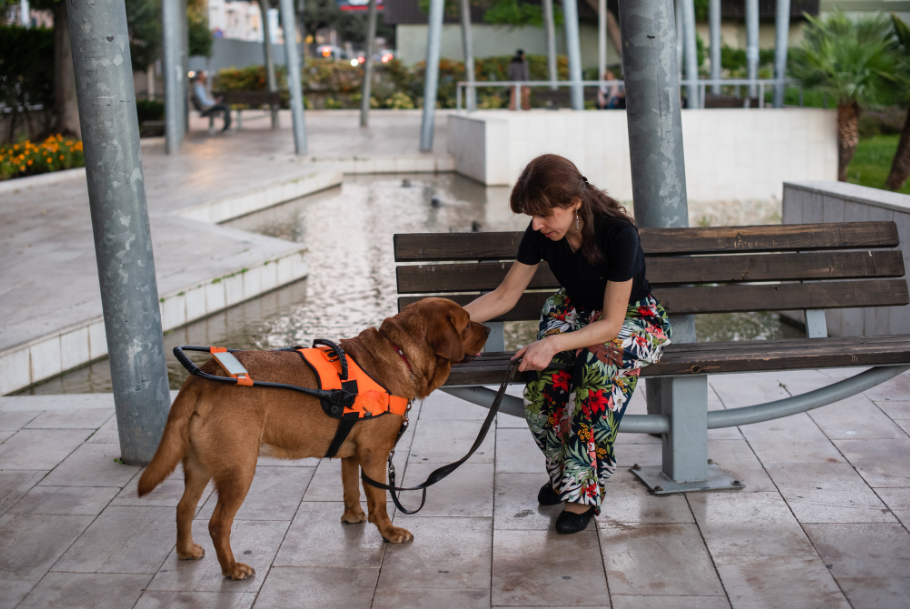
Advocacy
At STESA, advocacy is at the heart of our mission to support and protect the rights of those who rely on Service, Therapy, and Emotional Support Animals (ESAs). We encourage our members to engage in three key types of advocacy:
1. Advocacy with Government
Legislative Advocacy: This involves lobbying for federal, state, and local legislation that safeguards the rights of individuals with Service, Therapy, and Emotional Support Animals. Effective government-focused advocacy can range from influencing policy in Washington D.C. and Sacramento to engaging with county and city officials.
To make an impact, consider organizing or participating in rallies, attending city council meetings, or gathering groups to voice your opinions. If you’re planning an advocacy event or initiative, let your fellow STESA members know how they can support your efforts. We are stronger together!
Advocacy with government representatives can take many forms, including in-person meetings, telephone calls, letters, emails, and social media posts. Each method helps ensure that your voice is heard by those who make the decisions affecting our community.
2. Advocacy with Peers
Educating Friends, Family, and Co-Workers: Often, those close to us may not fully understand the issues affecting STESA members. Advocacy with peers involves educating others about the realities and challenges faced by those with Service, Therapy, and Emotional Support Animals.
When discussing these topics, equip yourself with accurate information and approach conversations with empathy and patience. By sharing facts and insights, you help elevate the dignity of those you are advocating for and correct any misconceptions. Remember, effective advocacy with peers can lead to greater understanding and support within your personal network.
3. Advocacy with Businesses & Organizations
Informing and Educating: When you encounter businesses or organizations with restrictive policies like “No Animals Allowed” or “Service Dogs Only,” it’s important to educate them about the differences between service animals, therapy animals, and emotional support animals. Many proprietors may not fully understand the legal distinctions or the human needs behind these animals.
Advocacy with businesses involves informing managers and owners about relevant laws and encouraging them to update their signage and policies. Approach these discussions with kindness but firmness. Policies should at least comply with the law, and ideally, they should reflect genuine respect for our STESA community. Positive interactions can result in better treatment and understanding, while negative experiences can be addressed through our rating system, which provides feedback on how businesses accommodate our members.
Be Prepared for Advocacy Opportunities
Advocacy can sometimes arise unexpectedly, so it’s important to be ready to share information and support when needed. Whether you’re advocating individually or participating in coordinated group efforts, such as visiting Sacramento or addressing issues with a business, always strive to be accurate with your facts, kind in your approach, and firm in your expectations for change.
If you’re planning a group advocacy event or need training, reach out to the STESA community. Many of our members are experienced leaders and trainers who can offer valuable support and guidance.
Join us in making a difference—your efforts contribute to a more inclusive and supportive environment for everyone in the STESA community.
Leave a Reply